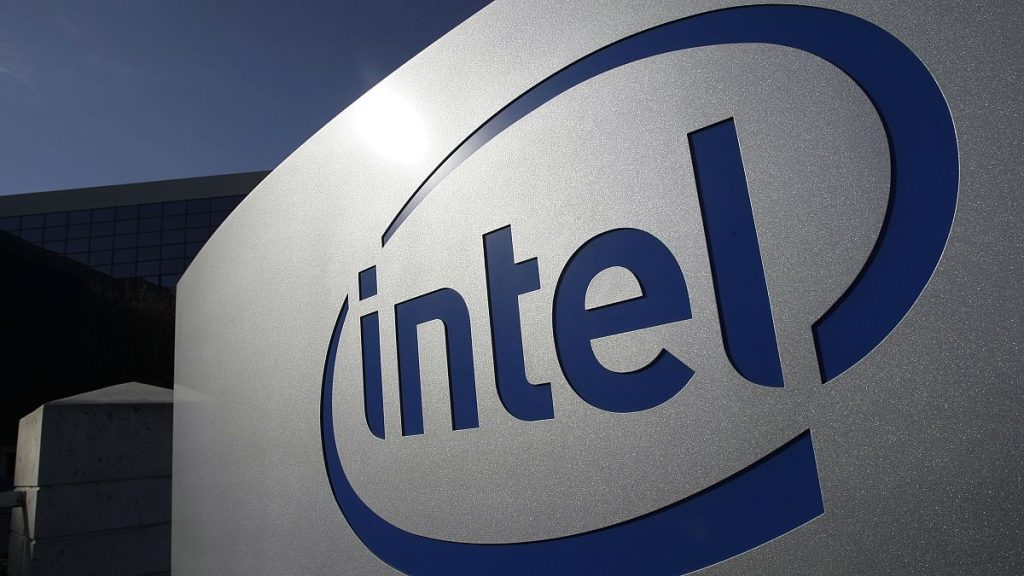The European Court of Justice recently ruled in favor of US tech giant Intel, annulling a €1.06 billion fine imposed by the EU antitrust enforcer after almost 20 years of legal battles. The ruling stated that the European Commission must provide more evidence when finding loyalty rebates to be anticompetitive, rather than relying on a presumption. The case involved Intel’s rebate schemes with computer businesses such as Dell, Hewlett-Packard Co, NEC, and Lenovo, where they were provided with exclusive deals if they bought Intel’s computer chips. The Commission alleged that Intel’s rebates were foreclosing market competition from AMD, but the judges stated that an actual analysis of the impact on competition should be conducted, rather than presuming infringement.
The European judges emphasized the need for an effect-based approach in assessing the impact of loyalty rebates on competition. They highlighted that the Commission must analyze the company’s dominant position in the market, the percentage of the market covered by the rebates, their duration, amount, and whether there is a strategy aiming to exclude competitors as efficient as the undertaking. This ruling signifies a shift towards requiring the Commission to provide economic evidence in such cases, contradicting the Commission’s guidelines that emphasized a presumption-based approach for fidelity rebates. The judgment has been seen as a strong endorsement of the effect-based approach, with potential systemic consequences for future antitrust cases.
The Commission, in response to the ruling, stated that it took note of the judgment of the European Court of Justice. While this ruling may bring an end to the legal battle between Intel and the Commission regarding rebate schemes, another case is pending before the European judges on “naked restrictions.” This case involves Intel allegedly paying computer manufacturers to delay the launch of products containing competitors’ chips. The outcome of this pending case will likely have implications for how such practices are evaluated in the future and could further shape the regulatory landscape for tech giants in the EU.
The decision by the European Court of Justice underscores the importance of conducting a detailed analysis of the impact of loyalty rebates on competition, rather than relying on presumptions. The ruling requires the Commission to consider economic evidence and evaluate the actual effect on market competition when assessing the conduct of companies. This approach represents a significant departure from the previous presumption-based approach favored by the Commission and highlights the need for a more nuanced and evidence-based approach in antitrust cases involving loyalty rebates and abuse of dominance.
While the ruling in favor of Intel may have resolved one aspect of the legal battle between the US tech giant and the EU antitrust enforcer, the ongoing case on “naked restrictions” highlights the complexity of assessing anticompetitive practices in the tech industry. The outcome of this pending case will be closely watched as it could have far-reaching implications for how companies engage in exclusive deals and other practices that may impact competition. The ruling and the pending case underscore the evolving dynamics of antitrust enforcement in the tech sector and emphasize the need for a rigorous and evidence-based approach to address anticompetitive behavior effectively.


